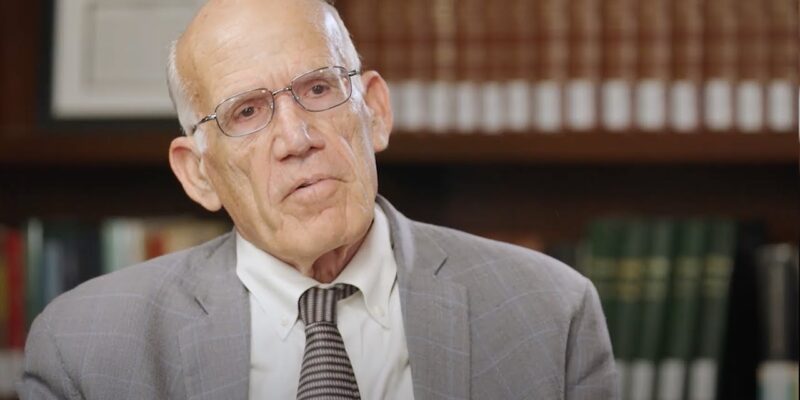Last week Melissa and I did a Spectacle Podcast episode talking about that interview Tucker Carlson had with blogger and historian Daryl Cooper which has ginned up so much controversy. If you didn’t catch it, here’s a Hayride link and also a RVIVR link; either one is good.
I have a higher opinion of Cooper than a lot of the other folks out there. I’ve heard some of his podcasts and they’re impressively well researched. But I haven’t seen his World War II stuff, so all I have to go on with respect to Cooper’s work on Hitler and Churchill is the interview with Carlson.
And in that interview Cooper admitted it would require a lot more time than they had in that relatively brief little overview to fully explain his take on those two leaders.
So I’m not willing to completely castigate the man and decry his work in full. It might be that his greatest sin is in insufficiently boiling down his Churchill take.
On the other hand, he did call Winston Churchill a psychopath, and that’s a pretty shaky conclusion.
Any half-detailed study of Churchill would reveal that he wasn’t perfect, that he had quirks, was often difficult to deal with and exemplified a style of Western leadership that was more or less obsolete by the late 1930’s. All of those things are true.
What isn’t true is that Churchill was a villain of World War II, as Cooper makes him out to be, because he continued the war after British troops were driven out of France.
Cooper talks about how the Nazis were dropping leaflets on London declaring that they were happy to end the war. Except they’d also dispatched Rommel to North Africa in an effort to take the Suez Canal away from Britain, and that would have cut the British Empire in half.
So it’s not really true that Churchill refused to make peace with Hitler out of his own psychological dispositions. Britain had been attempting to make peace with Germany from the mid-1930’s on, only to be baited-and-switched time and again.
Hanson talks about that fact, and a number of other complaints about Cooper. But he does so after saying something which is also true. Hanson says he’s OK with re-examining the “accepted” narrative of the history of World War II and the post-war era, much of which lies on shaky ground and has frankly been used to justify things which shouldn’t be justified.
Like our understanding of Russia, which our elites have gotten fundamentally wrong (the Soviet Union was our enemy after the war, and perhaps shouldn’t have been our ally during it, but the reason was communism and not the fact they were Russians; our elites were soft on communism and are now hard on Russia when it’s not altogether clear that’s the correct pattern) and perhaps most importantly this idea that ethnic nationalism is the same thing as racism or Nazism and must be condemned. Hanson actually endorses looking anew into those assumptions and judgments given that some of them haven’t served us very well.
But, he says, you can’t ignore facts in that re-examination. And unfortunately, at least in the Carlson interview, that’s what Cooper has done.
I don’t think it invalidates Cooper’s work on, for example, Jim Jones and the People’s Temple, or the formation of and violence around the labor movement in America. I think he’s good on those subjects. But he might have spoken too soon on some of the World War II stuff, because those assumptions and judgments are no more valid than the established ones it’s valid to challenge.
Advertisement
Advertisement

